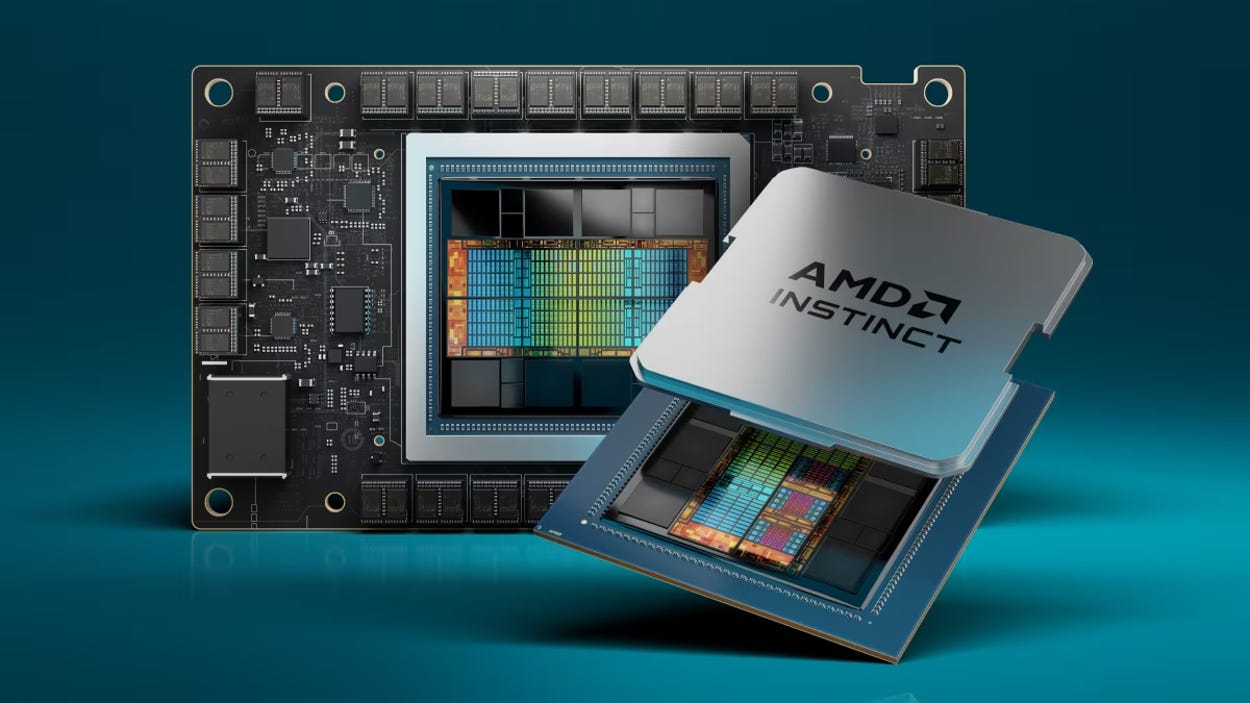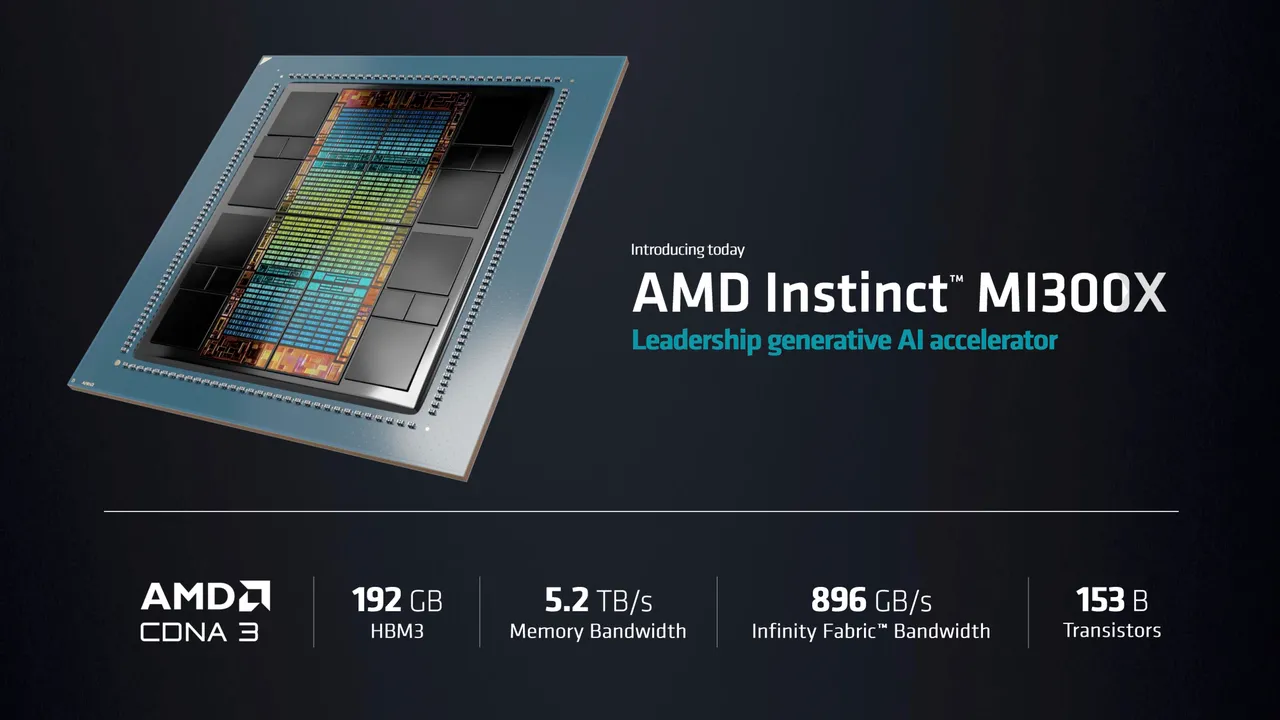AMD's 'weaker' chip rejected by Washington

Advanced Micro Devices Inc. (AMD) ran into a hurdle from the US government when it tried to sell an artificial intelligence chip tailored for the Chinese market. It is reported that AMD had hoped to get the green light from the Department of Commerce in the United States to sell the AI processor to Chinese customers.
However, the chip has lower performance than what AMD sells outside of China, and it was designed to comply with US export restrictions. But US officials told AMD that the chip was still too powerful and that the company would have to get a license from the Commerce Department's Bureau of Industry and Security to sell it. It is not yet clear whether AMD will apply for a license.

The tighter controls limited sales of a processor that leading AI chipmaker Nvidia Corp. had designed specifically for China. Nvidia has since developed new customized, less powerful products for the Chinese market to comply with the new restrictions. The restrictions prevented both Nvidia and AMD from selling their most powerful AI chips to China, forcing them to find workarounds.
Nvidia immediately responded by introducing a reduced performance modified model, while AMD has not publicly discussed their efforts to develop a new AI processor for China. AMD had less of a foothold in the Chinese AI chip industry than Nvidia, but they are now going after the market more aggressively.
In December, they launched a new MI300 series that will challenge processors from Nvidia. The China-tailored product has been referred to as the MI309. Leading Chinese tech companies, including Tencent Holdings Ltd. and Baidu Inc., have said they have built up enough powerful chips from Nvidia to improve their chatbots' abilities for another year or two.
Meanwhile, Huawei Technologies Co. are developing their own AI semiconductors and chip manufacturing capabilities that could eventually help Chinese companies fill the void created by the US ban.
Latest processor - cpu
-
31 Octprocessor - cpu
-
16 Sepprocessor - cpu
AMD Ryzen AI 7 PRO 360 spotted
-
04 Sepprocessor - cpu
Intel scores big AI chip customer
-
04 Sepprocessor - cpu
Exclusively-Intel manufacturing store drawers
-
29 Augprocessor - cpu
Big performance boost for Ryzen CPUs
-
28 Augprocessor - cpu
Intel shares could fall in battle with TSMC and NV
-
28 Augprocessor - cpu
AMD is claimed to have been hacked
-
27 Augprocessor - cpu
Intel presents Lunar Lake, Xeon 6, Guadi 3 chips
Most read processor - cpu
Latest processor - cpu
-
31 Octprocessor - cpu
AMD will launch the Ryzen 7 9800X3D on November 7
-
16 Sepprocessor - cpu
AMD Ryzen AI 7 PRO 360 spotted
-
04 Sepprocessor - cpu
Intel scores big AI chip customer
-
04 Sepprocessor - cpu
Exclusively-Intel manufacturing store drawers
-
29 Augprocessor - cpu
Big performance boost for Ryzen CPUs
-
28 Augprocessor - cpu
Intel shares could fall in battle with TSMC and NV
-
28 Augprocessor - cpu
AMD is claimed to have been hacked
-
27 Augprocessor - cpu
Intel presents Lunar Lake, Xeon 6, Guadi 3 chips






